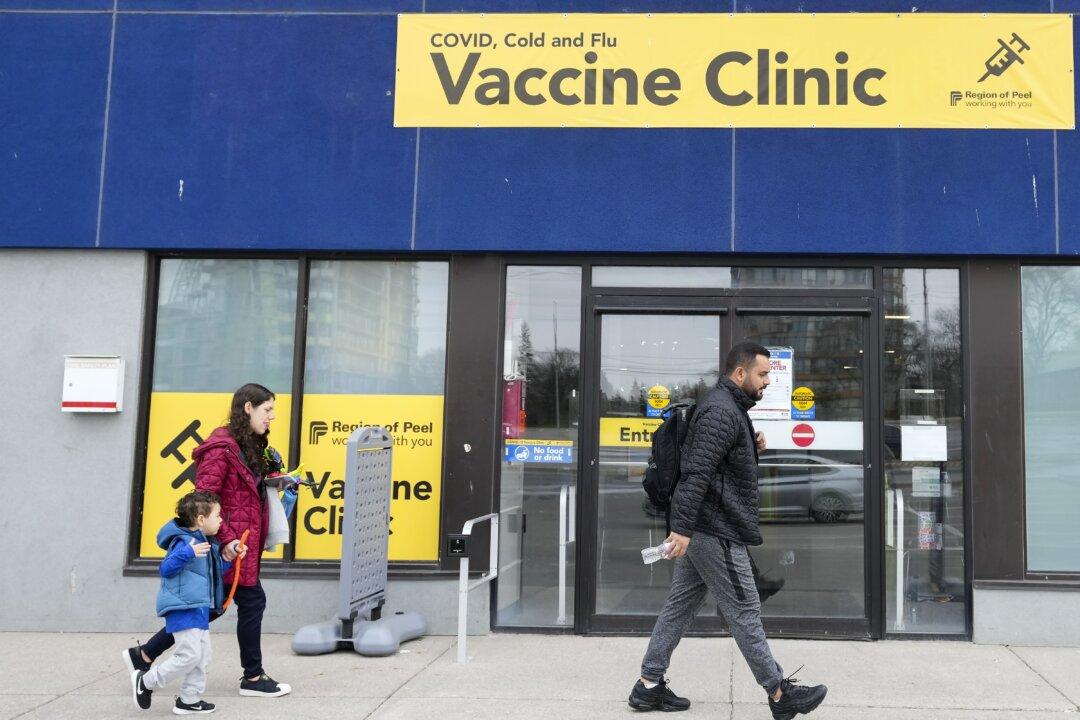The Ontario Physicians and Surgeons Discipline Tribunal has found Dr. Mark Trozzi engaged in professional misconduct, a decision his lawyer says is a blow to free expression.
The College of Physicians and Surgeons of Ontario (CPSO) argued to the tribunal that Dr. Trozzi’s statements critical of COVID-19 health measures amount to “misinformation.” CPSO argued it has the legal right to place certain limits on free expression in order to limit misinformation and protect the integrity of the profession and the public good.





